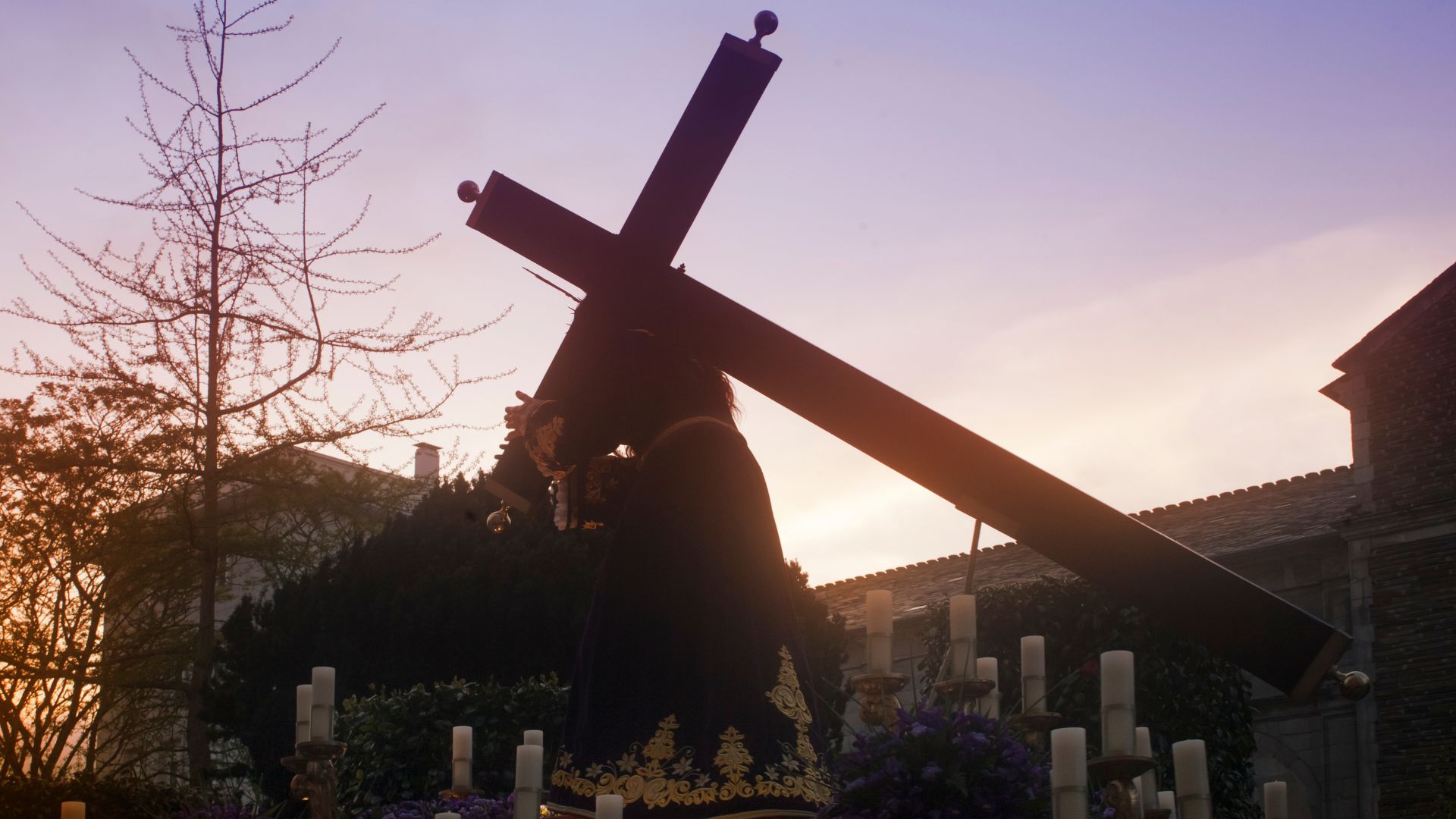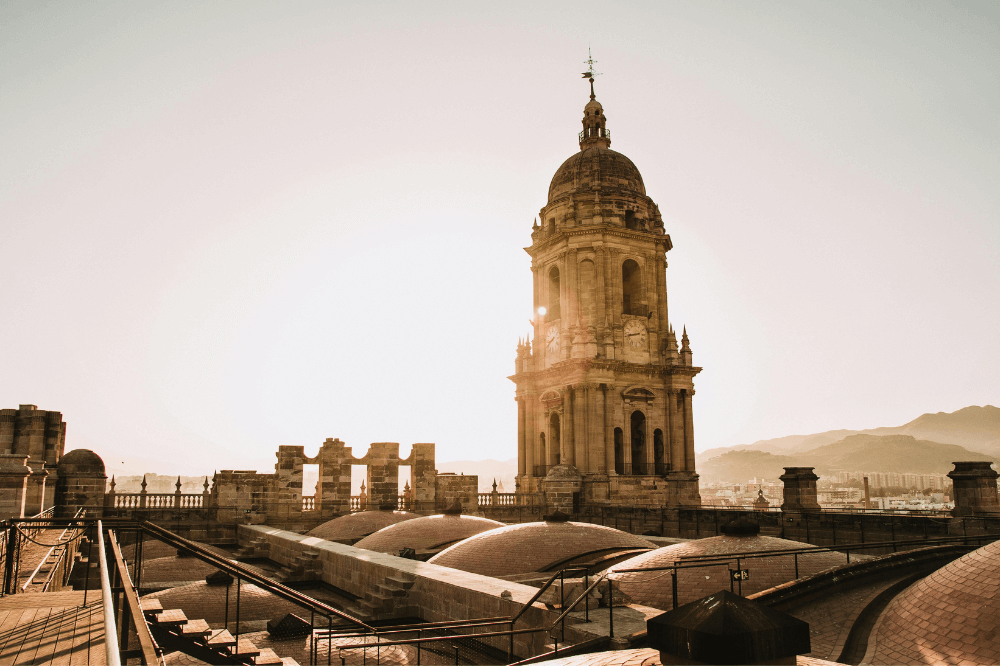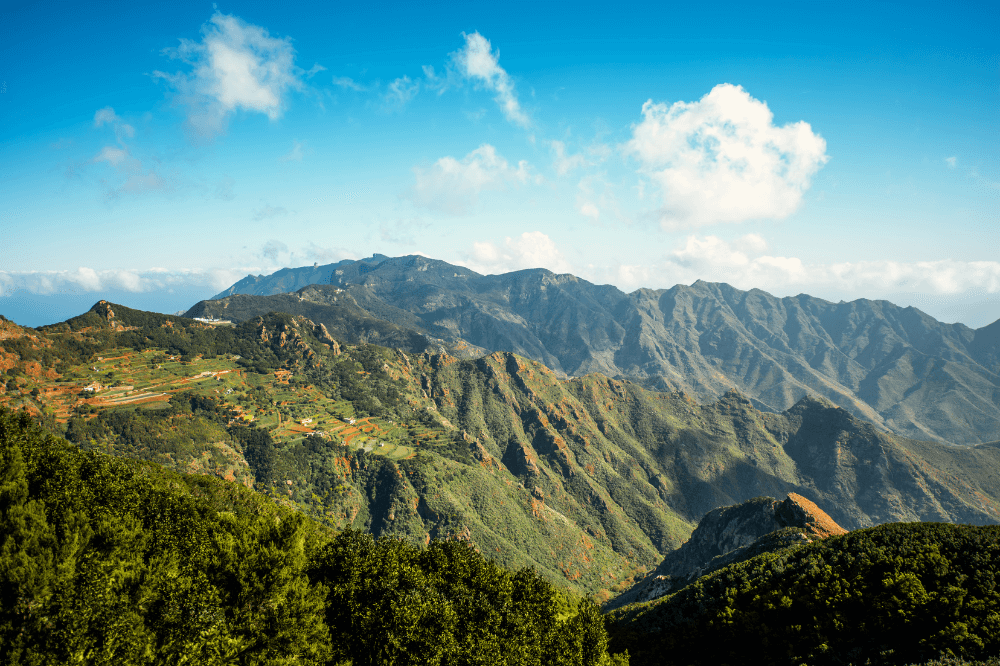Holy Week in Spain is a religious celebration of great importance in the Christian world, and nowhere is it experienced with as much passion and devotion as in Andalusia, Spain. In this article, we will explore what Holy Week is, what the processions represent, whether it is safe to watch them, what to know about them. We’ll also cover when they take place in Andalusia, and what you can expect from this unique experience. This comprehensive Andalusian Holy Week ultimate Guide aims to provide insights into the Andalusian Holy Week tradition, offering valuable tips and information for visitors.
What is Holy Week?
Holy Week is the annual commemoration of the Passion, Death, and Resurrection of Jesus Christ. In Andalusia, this celebration takes on a special dimension, merging religiosity with culture and art in a unique spectacle.
What are the processions?
Processions are religious parades that take place during Holy Week in Spain. In them, the brotherhoods undertake a route through the streets of the city, carrying floats that represent scenes of the Passion of Christ. Additionally, they also carry images of revered virgins.
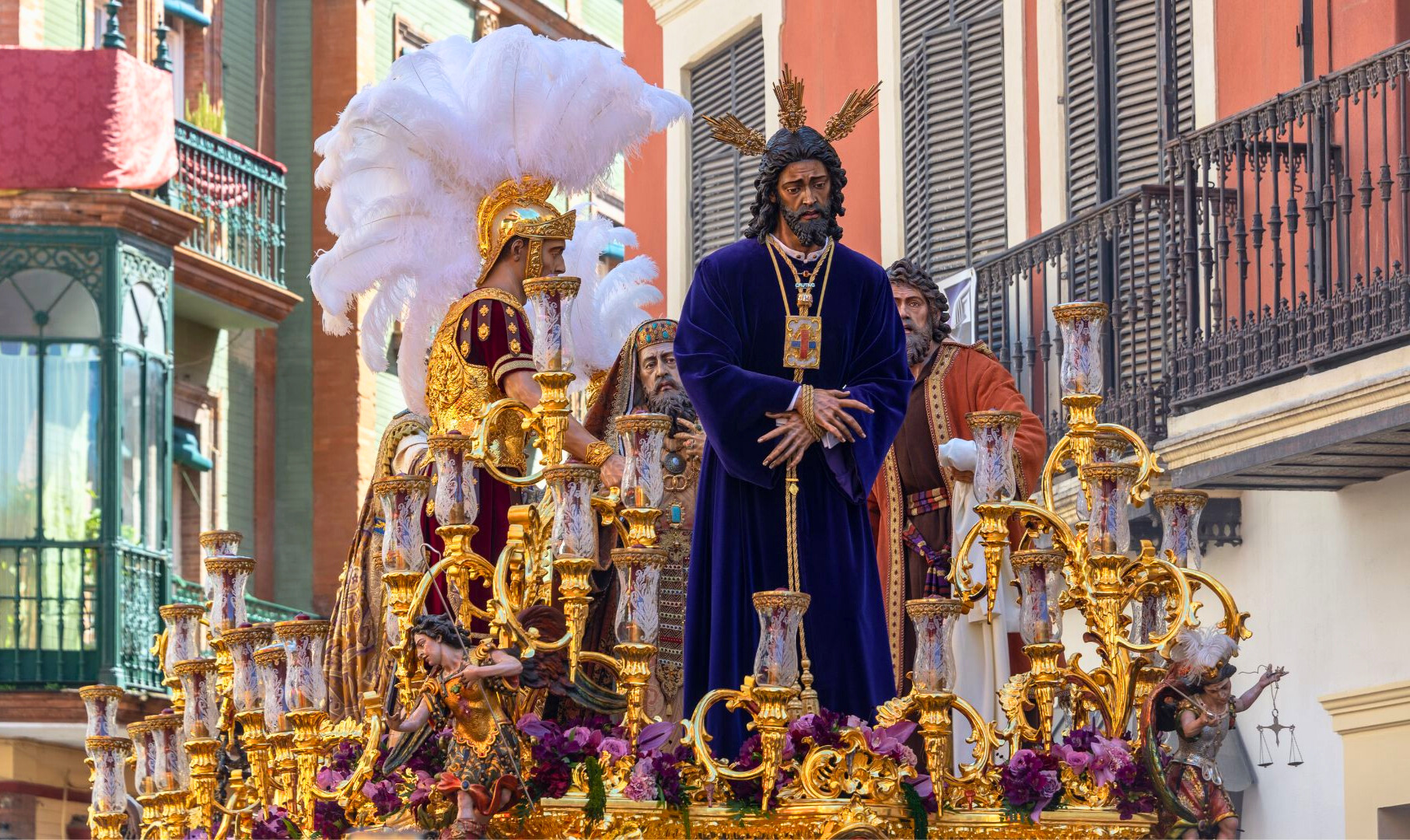
Is it safe to watch processions during Holy Week?
Yes, it is safe to watch processions during Holy Week, as long as safety guidelines are followed and the rules established by local authorities are respected. It is important to be aware of crowds and follow preventive measures, especially respecting the procession timings.
What to know about Holy Week processions?
Holy Week processions are events of great solemnity and emotion. Each brotherhood has its own tradition and style, making each procession unique. It is advisable to inquire about the schedules and routes of the processions to fully enjoy them.
When does Holy Week start in Andalusia?
The Holy week timeline in Andalusia takes place throughout the week, from Palm Sunday (March 24) to Easter Sunday (March 31). Each day is marked by processions that traverse the streets of the main Andalusian cities. Notable cities such as Seville, Malaga, Granada, or Cordoba. However, the most prominent days are usually Maundy Thursday and Good Friday when the most solemn and emotional processions take place.

What is Palm Sunday?
Palm Sunday is the day that marks the beginning of Holy Week. It commemorates the triumphal entry of Jesus Christ into Jerusalem when he was received by the crowd with palm and olive branches.
In Spain, Palm Sunday is celebrated in a special way with processions in many cities and towns. Churches often bless palms and olive branches, which the faithful carry in procession while religious chants are sung.
What are the brotherhoods?
The brotherhoods are religious and cultural associations formed by people from the same neighborhood or community. They organize to carry out the Holy Week processions. Furthermore, they are an expression of the fervor and devotion of the Andalusian people. They also play a fundamental role in the organization and realization of the processions.
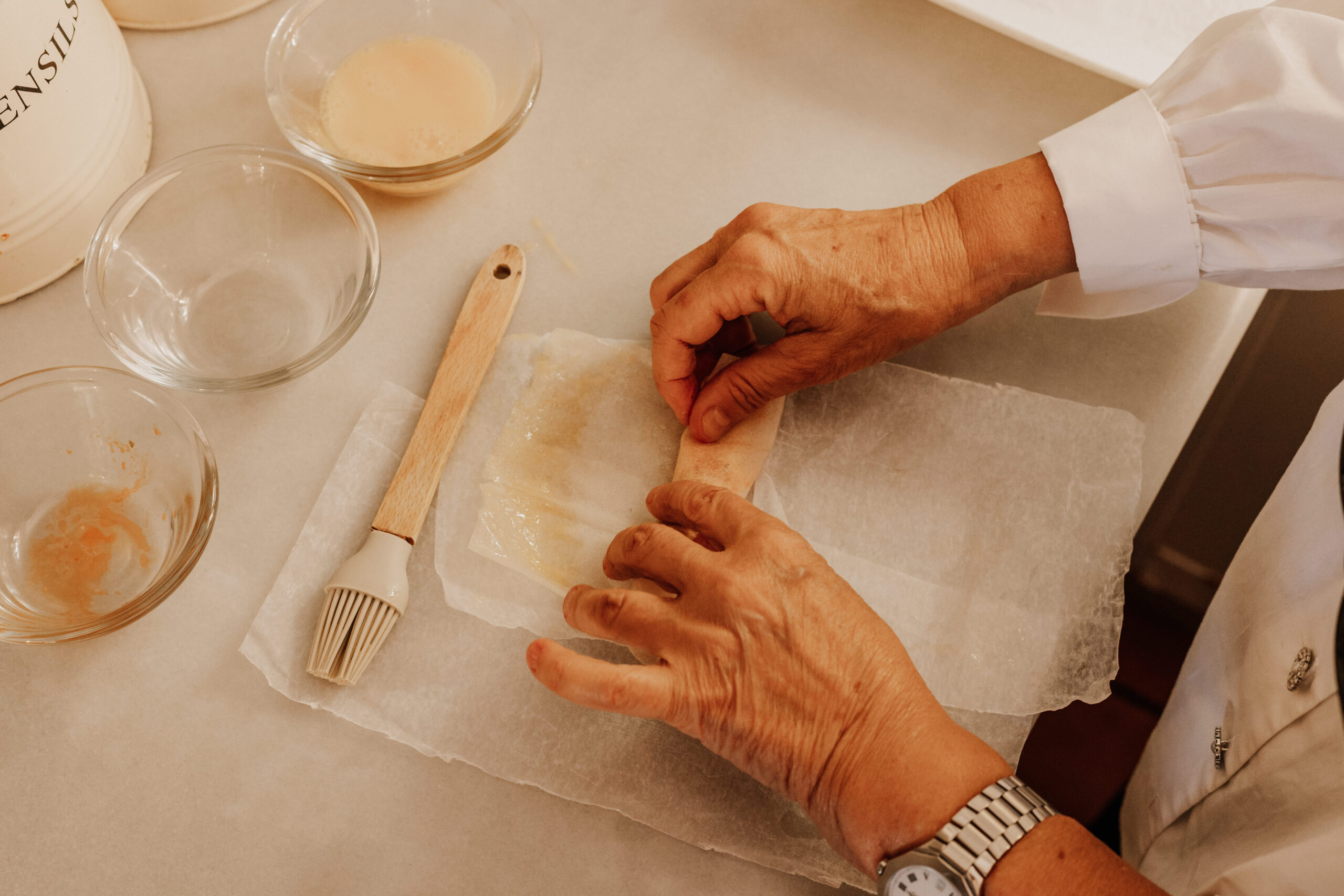
What to know about Andalusian Holy Week?
It is an expression of the cultural identity and fervor of an entire people. In addition, you can enjoy sacred music, typical gastronomy, and Andalusian hospitality, making this experience an unforgettable one.
Among the most prominent culinary traditions are the famous Andalusian tapas and fresh fish dishes. Additionally, typical sweets of the season such as torrijas, pestiños, and roscos fritos offer a unique opportunity to enjoy delicious local cuisine.
Where to Eat during Holy Week?
Discover Sazón The Folk Cook, unique gastronomic experiences where you can eat during your visit in Spain.
In addition to the impressive processions and fervent religious atmosphere, Holy Week in Andalusia also offers an authentic gastronomic experience. We recommend visiting Sazón The Folk Cook during Holy Week, a unique concept that offers gastronomic experiences in local homes. Here, you can taste authentic recipes passed down from generation to generation.
Sazón invites you to immerse yourself in the culinary culture of Andalusia in an intimate and personal way. These gastronomic experiences take place in the homes of local mothers and grandmothers. Here, you can escape the crowds and try the secret authentic local recipes.

Imagine enjoying Holy Week with a real approach to culture and sitting at the table of an authentic Andalusian home, surrounded by history and tradition, while savoring homemade dishes prepared with love and passion. From traditional stews to homemade desserts, every meal at Sazón The Folk Cook is a celebration of Andalusian cuisine at its best.
With a cozy atmosphere and exceptional service, Sazón The Folk Cook offers you the opportunity to experience authentic home cooking from Andalusia while immersing yourself in local culture.

